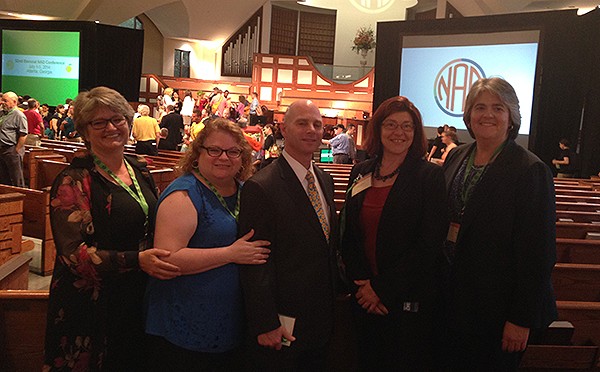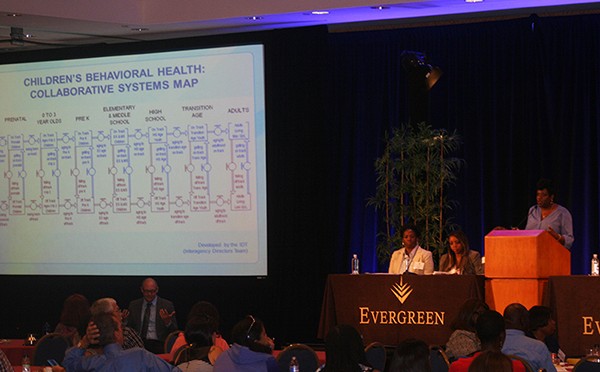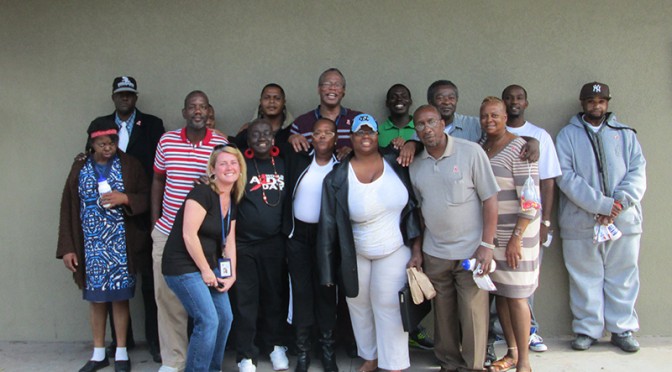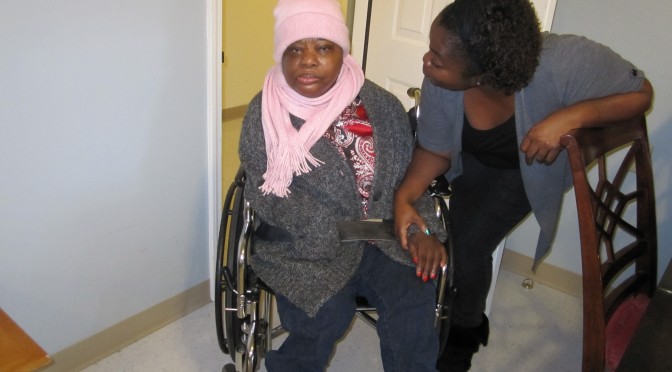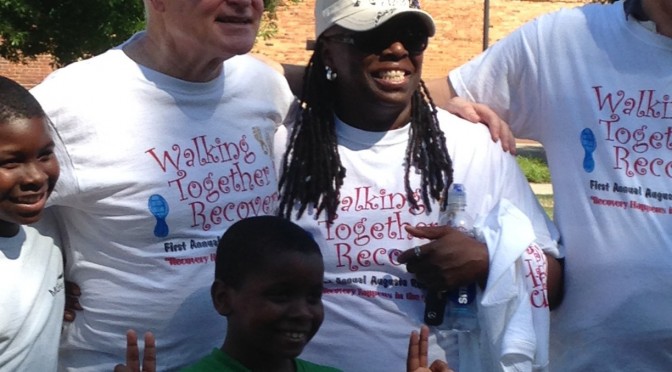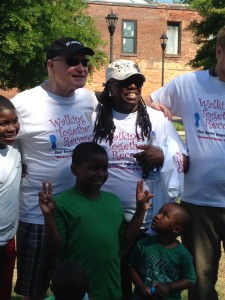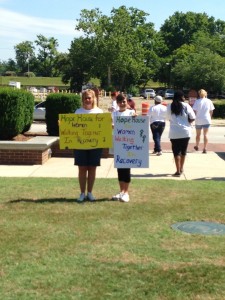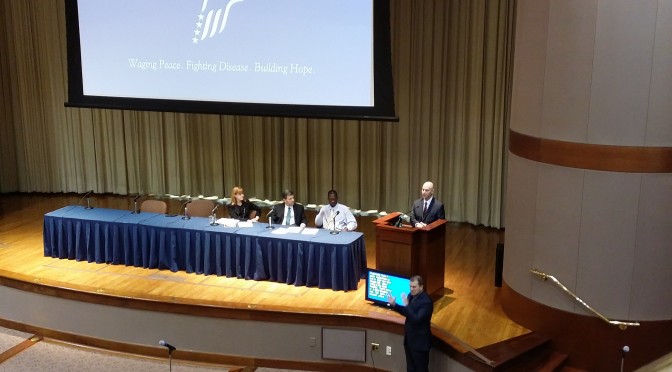DBHDD is offering a new training program for managers within the agency. The “Management Academy” features a six-month curriculum designed to equip current and future leaders with the tools necessary to help the department achieve its mission of providing high-quality services in a changing behavioral health and developmental disability environment.
The Management Academy, developed by DBHDD’s Office of Learning and Organizational Development (OLOD) in partnership with the University of Georgia’s Carl Vinson Institute of Government, provides management training across all divisions of the agency. Using core components from other management programs, the Vinson Institute worked with OLOD to develop a curriculum that addresses needs and challenges specific to DBHDD.
“The Management Academy allows us to come out of our day-to-day jobs and look at leadership in a multidisciplinary way,” said Debbie Atkins, regional service administrator for behavioral health in DBHDD’s region one. Atkins is a member of the inaugural class, which began in May. “In the sessions, we are learning how to apply basic management and leadership skills to real-life challenges that we encounter in our jobs.”
Former OLOD director Erick Allen began working with the Vinson Institute in the summer of 2012 to develop the Management Academy. The program is intended to help DBHDD manage system changes that will lead to a better service delivery system for our clients and partners. Allen says that the academy was designed with three goals in mind: to support the department’s strategic change initiatives; to develop future and current leaders; and to improve job satisfaction and retention.
“The department has attracted the best and brightest in the fields of mental health, addictive diseases and developmental disabilities,” said Allen. “The purpose of the DBHDD Management Academy is to supplement the technical skills with the best methodologies in management and leadership.”
The program is limited to 25 participants and features classroom-style lectures and seminars, led by the Vinson Institute. Coursework includes supplemental reading and a capstone project. The class is divided into groups of three-to-five members across disciplines and tasked to design a project which examines an aspect of management that applies to DBHDD. The sessions allow some time to work on the project, but many groups also meet between the sessions. Each group will present its findings during the graduation ceremony and make a formal recommendation to DBHDD leadership.
Sessions are held in different location throughout Georgia and cover a variety of topics. The first two focused on “leading in the public sector” (Atlanta) and “developing people” (Macon). Upcoming sessions include:
- Unleashing the power of inclusion (August 7-8)
- Managing change and transformation (September 18-19)
- Building capacity (October 30-31)
- Graduation: enhancing organizational effectiveness (November 20-21)
The DBHDD Management Academy is designed for emerging leaders within the department and intended for people who have worked for DBHDD for at least two years and are no less than five years from retirement. Graduates will receive a certificate in leadership from the University of Georgia.
A new class will start again in January 2015 and will be offered twice each year. Participants must be nominated by their supervisors. Contact Donna Johnson, interim director of OLOD at donna.johnson@dbhdd.ga.gov for information on program requirements.
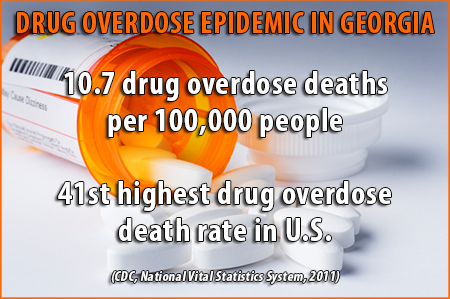
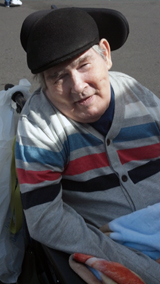 Donnie grew up in rural
Donnie grew up in rural 